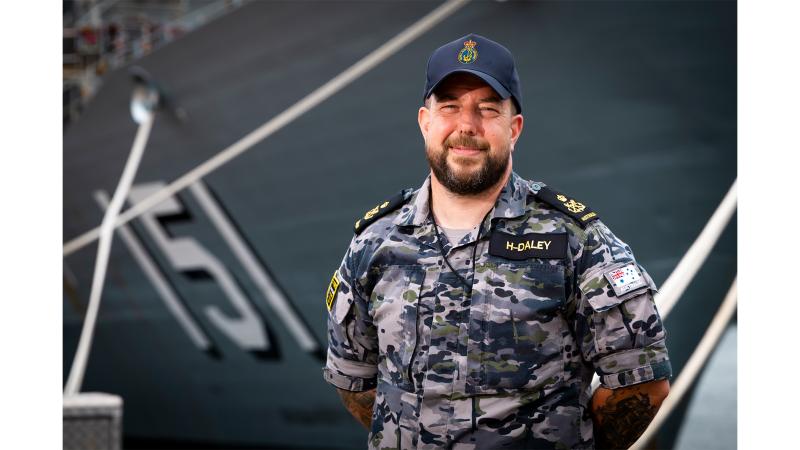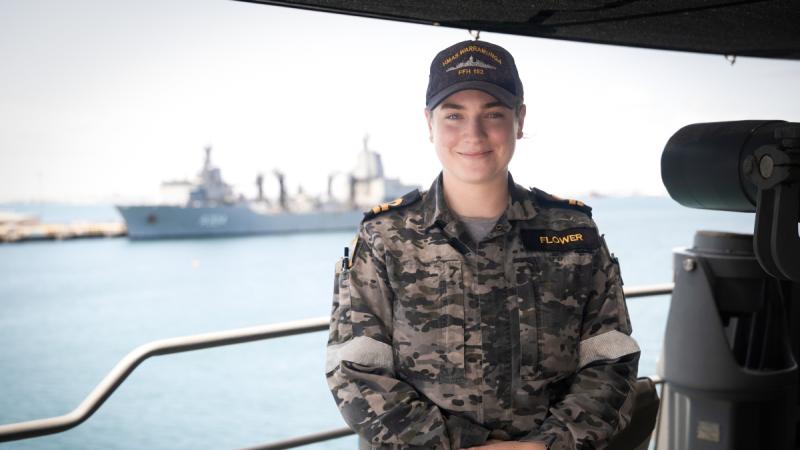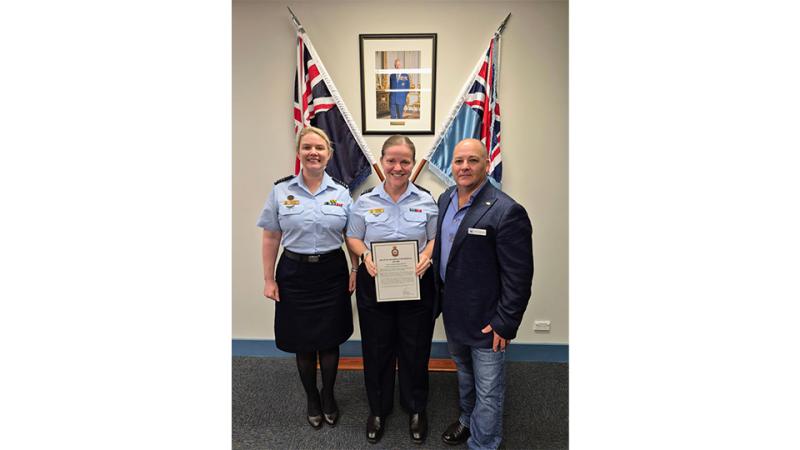7 May 2025
Delegates from the Defence Force Remuneration Tribunal recently visited 16th Aviation Brigade as part of an ongoing pay review for Army Aviation-related trades.
Current pay for aviation personnel is primarily based on operating during the day and only on land. But increased diversity in the modern battlespace has seen soldiers train and qualify to work at night, in the maritime domain and within complex environments for extended periods.
The visit allowed Tribunal members to gain a first-hand understanding of the roles, responsibilities and working conditions of the personnel within the brigade, in order to inform their decision on proposed changes to pay detailed in the Army Aviation DFRT submission.
Army Aviation has proposed a whole-of-workforce approach to pay modernisation.
Effective from January this year, the approach supported trade naming and establishment adjustments. This included opening up the Gap Year program and the Total Workforce System to aviation ground crew and aviation operations specialists.
It also supported a specialist pathway for aeroskills specialists to become experts in aircraft maintenance, and a range of pay adjustments for all soldier categories and Army pilots to come into effect in May next year.
Lieutenant Colonel Chris Kassulke, from the Army Aviation Training Centre, coordinated the DFRT visit to 16th Aviation Brigade.
“The purpose of the visit is provide the tribunal members with an understanding of the Army Aviation employment categories and how they deliver capability as part of the integrated force,” Lieutenant Colonel Kassulke said.
“The visit will enable the tribunal to accurately assess our submission and inform their decision making.
“The DFRT has a huge impact on our personnel, as pay is a very important element of a soldier’s life.
“They sit around the table at night and discuss pay or remuneration with their partner, and what they can and can’t do as a result of their pay – it is a really important matter.”
Tribunal members received demonstrations on a number of activities, such as pre-flight briefings, mission planning for the Tiger armed reconnaissance helicopter (ARH), deep maintenance on CH-47F Chinooks, explosive ordnance loading of aircraft, preparation of aircraft, a forward arming refuelling point and an aviation mission.
President of the Defence Force Remuneration Tribunal, also Deputy President of the Fair Work Commission, Bernadette O’Neill, said the visit furthered her understanding of the conditions for our soldiers.
“To be able to see it in real life and get a glimpse of what the work is like and the conditions under which it’s performed, particularly for me, makes it so much easier to understand,” Ms O’Neill said.
“This makes for better questions, assessment and determinations alongside my colleagues.”
This was echoed by Major General (retd) Gerard Fogarty, the Military Member of the Defence Force Remuneration Tribunal.
“The integration of all the employment categories in the performance of the overall mission really comes to light when you see it in practice,” Major General Fogarty said.
“You don’t get that flavour when you read the submissions and I found that really helpful today.”
The outcomes of the tribunal visit should be made available in the coming weeks.


